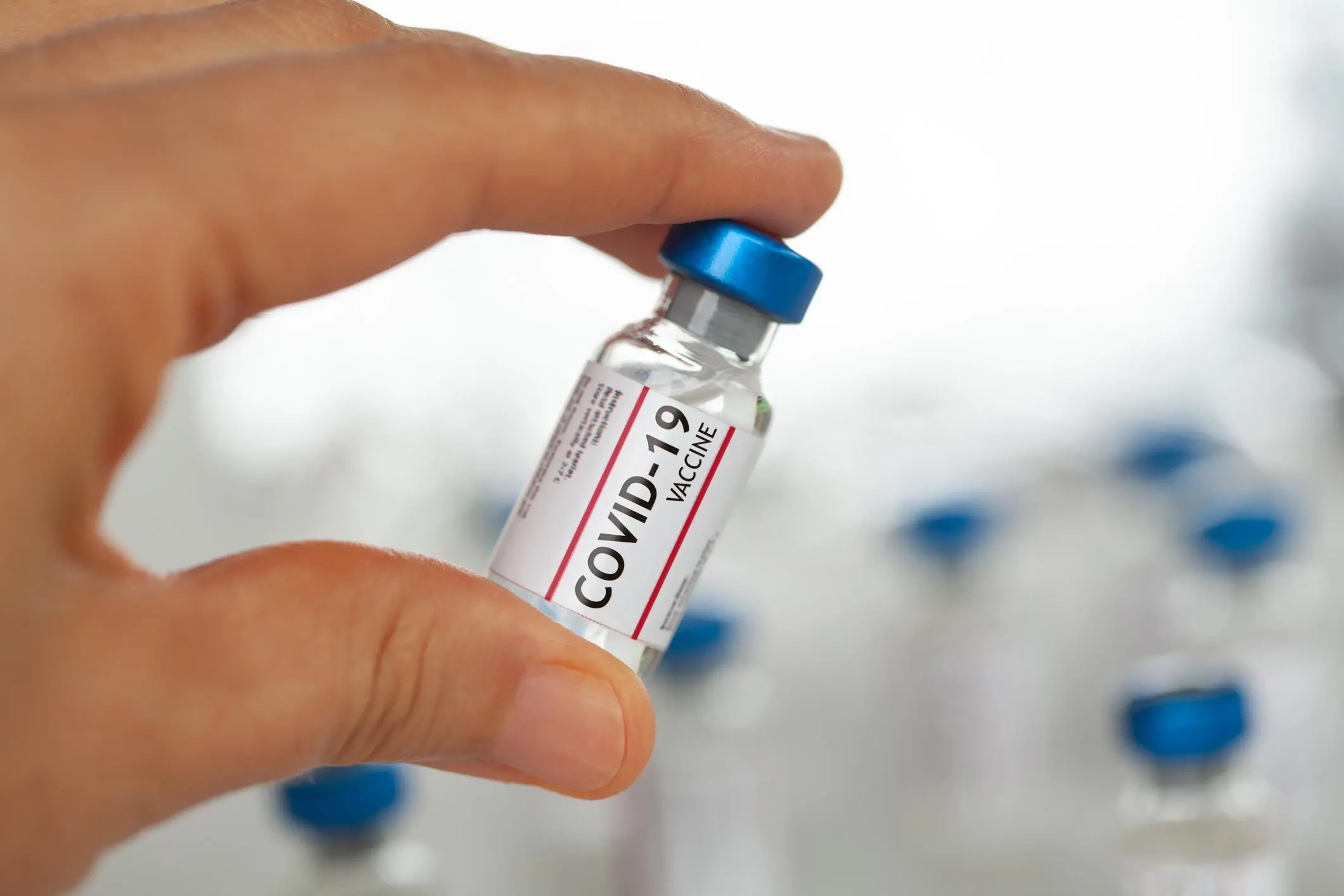PHOTO
JEDDAH: Five million students in Saudi Arabia will be vaccinated against coronavirus during July as part of a joint plan by the health and education ministries ahead of the new school year due to start by the end of August.
Active COVID-19 cases in Saudi Arabia are continuing to climb and have surpassed the 12,000 mark, despite a decline in ICU cases and rise in recovery numbers.
The Kingdom’s Ministry of Health reported 1,148 COVID-19 cases on Saturday, raising the total number of cases since the beginning of the pandemic to 491,612.
There are now 12,199 active cases, 1,364 of which are in critical care, a decline of 10 in the past 24 hours.
For the third day in a row, the Eastern Province surpassed all 13 regions on Saturday and recorded the highest number of cases with 314. Makkah followed in second place with 265 cases, Riyadh with 219 and Asir with 137. Jouf continues to be the region with lowest case count across the Kingdom, with just six cases reported yesterday.
Health authorities reported 1,222 new recoveries, raising the total number of recoveries over the course of the pandemic to 471,550. The Kingdom’s recovery rate is holding steady at 95.9 percent.
A further 15 new COVID-19-related deaths were also reported, raising the Kingdom’s death toll to 7,863.
More than 18.3 million COVID-19 vaccine doses have been administered to people across the Kingdom at a rate of 146,644 per day. As part of the jab campaign, 52.5 percent of the population has been vaccinated with at least one dose.
As children between the ages of 12 and 18 continue to register for the vaccine, the Ministry of Health is encouraging parents to get their children inoculated to protect them from emerging and widespread variants.
Studies have shown that children are the most vulnerable to the infectious delta variant. First identified in India, the variant is the most contagious yet and may trigger serious illnesses among those who are unvaccinated.
The World Health Organization warned that the variant has spread to 98 countries and continues to evolve and mutate.
Authorities are encouraging residents of the Kingdom to register for the vaccine in order to curb the spread of COVID-19. The latest report showed that between Dec. 28 last year and June 7 last month, 99 percent of patients admitted to ICUs were unvaccinated.
Testing hubs and treatment centers set up throughout the country have dealt with hundreds of thousands of people since the COVID-19 pandemic outbreak began.
Among them, Taakad (make sure) centers provide COVID-19 testing for those who show no or only mild symptoms or believe they have come into contact with an infected individual. Tetamman (rest assured) clinics offer treatment and advice to those with virus symptoms such as fever, loss of taste and smell, and breathing difficulties.
Appointments for both services can be made via the ministry’s Sehhaty app.
Meanwhile, the Ministry of Islamic Affairs, Dawah and Guidance has reopened 18 mosques that were temporarily closed for cleaning after coronavirus (COVID-19) infections were confirmed among worshippers.
The ministry said on Saturday that 13 mosques were reopened in Asir, three in Baha, and two in the Eastern Province.
Coronavirus infections have led to the closure of 1,748 mosques in the Kingdom in the past 147 days. The mosques were reopened after cleaning measures were completed.
The ministry urged worshippers and employees to follow precautionary measures, including wearing face masks, using their own prayer mats and maintaining social distancing.
Copyright: Arab News © 2021 All rights reserved. Provided by SyndiGate Media Inc. (Syndigate.info).





















